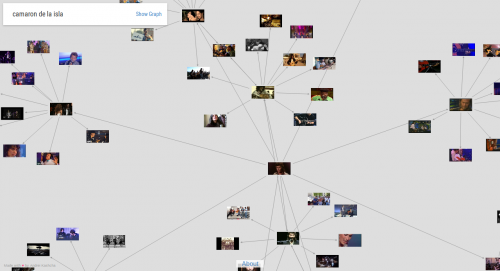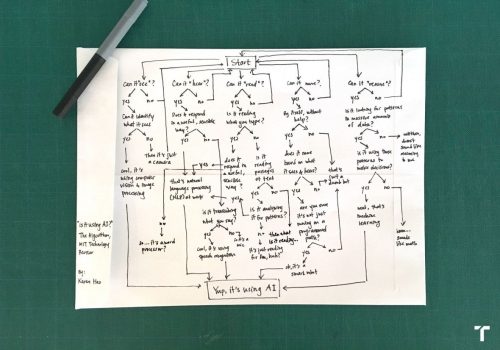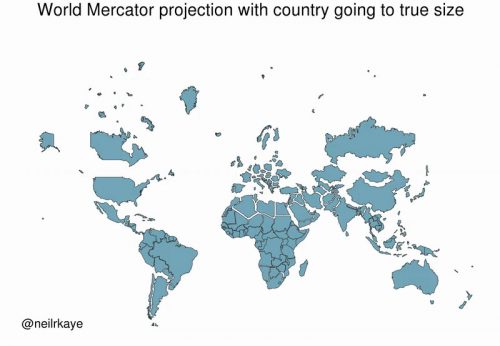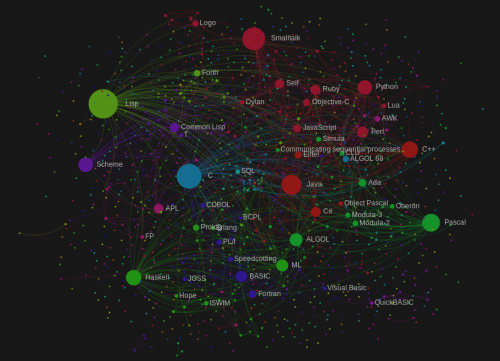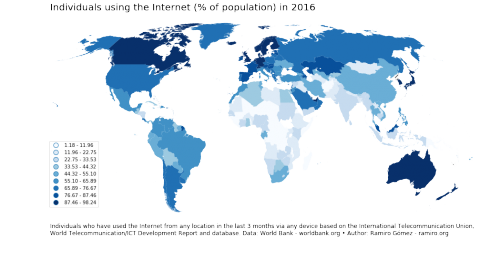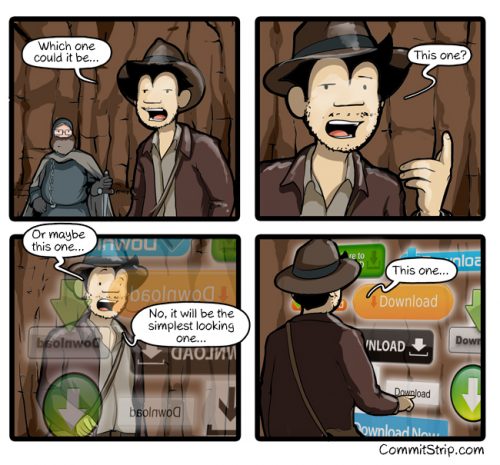Debemos apoyar al Purism Librem 5, que es una bandera proclamando nuestros derechos digitales
Purism ha desarrollado su propia distribución PureOS, que es un derivado de Debian, que no contiene binarios propietarios y es muy enfocado en seguridad. Purism también trata de upstream su código para que Debian y otras distros puedan aprovechar de sus mejoras. El plan de Purism es posibilitar Linux como una plataforma móvil para que otras empresas también puedan crear celulares y tabletas de Linux.
el Librem 5 será hardware libre y será posible imprimir sus partes plásticos con una impresora de 3D y fabricar su PCB (placa de circuitos).
El Librem 5 es diseñado para luchar en contra de la colección y comercialización de los datos de usuarios, que es el plan de negocios de Google, Facebook, Amazon, Tencent y ahora Microsoft. Esta tendencia maliciosa está aumentando con más uso de los redes sociales del web y la necesidad de entrenar las inteligencias artificiales (AI) con muchos datos de usuarios. La competencia para obtener la mejor AI esta impulsando la recolección de datos personales.
Además Purism esta creando una plataforma llamada “Liberty” para ofrecer servicios web por un precio fijo mensual, para evitar servicios web como los de Google, Facebook, Twitter, Microsoft, etc., que son “gratis”, pero son basados en la comercialización de los datos de usuarios.
Aproximadamente 80% de toda la energía de un aparato móvil es consumido durante su fabricación inicial. Un celular que dura 1,5 años consumirá dos veces más energía por día que un celular que dura 3,3 años, si la energía de fabricación es incluida en el cálculo.
El Librem 5 tendrá una batería removible y una ranura MicroSD para aumentar su memoria. Utilizará una ranura M.2 para conectar a un modem celular que significa que el modem podrá ser cambiado para soportar bandas de otras regiones y las bandas del futuro.
Purism fue fundado como un California Social Purpose Corporation. A diferencia que una organismo sin fines de lucro, Purism puede tener ganancias con tal que no interfieren en su obligación legal de cumplir con el siguiente propósito:
The Corporation shall be devoted to ensuring the security, privacy, and freedom of the users of its products, and the hardware and software offered by Purism shall conform to the philosophy of the Free Software movement.
Sus estatutos incluyen la obligación de publicar todo el código escrito por Purism bajo un “free software license” y todos sus esquemas de hardware bajo un “free hardware license”.
Para promover una industria más ética que respeta los derechos digitales de usuarios, es necesario tener empresas como Purism que pueden impulsar el uso de software libre por toda la cadena de suministro.


